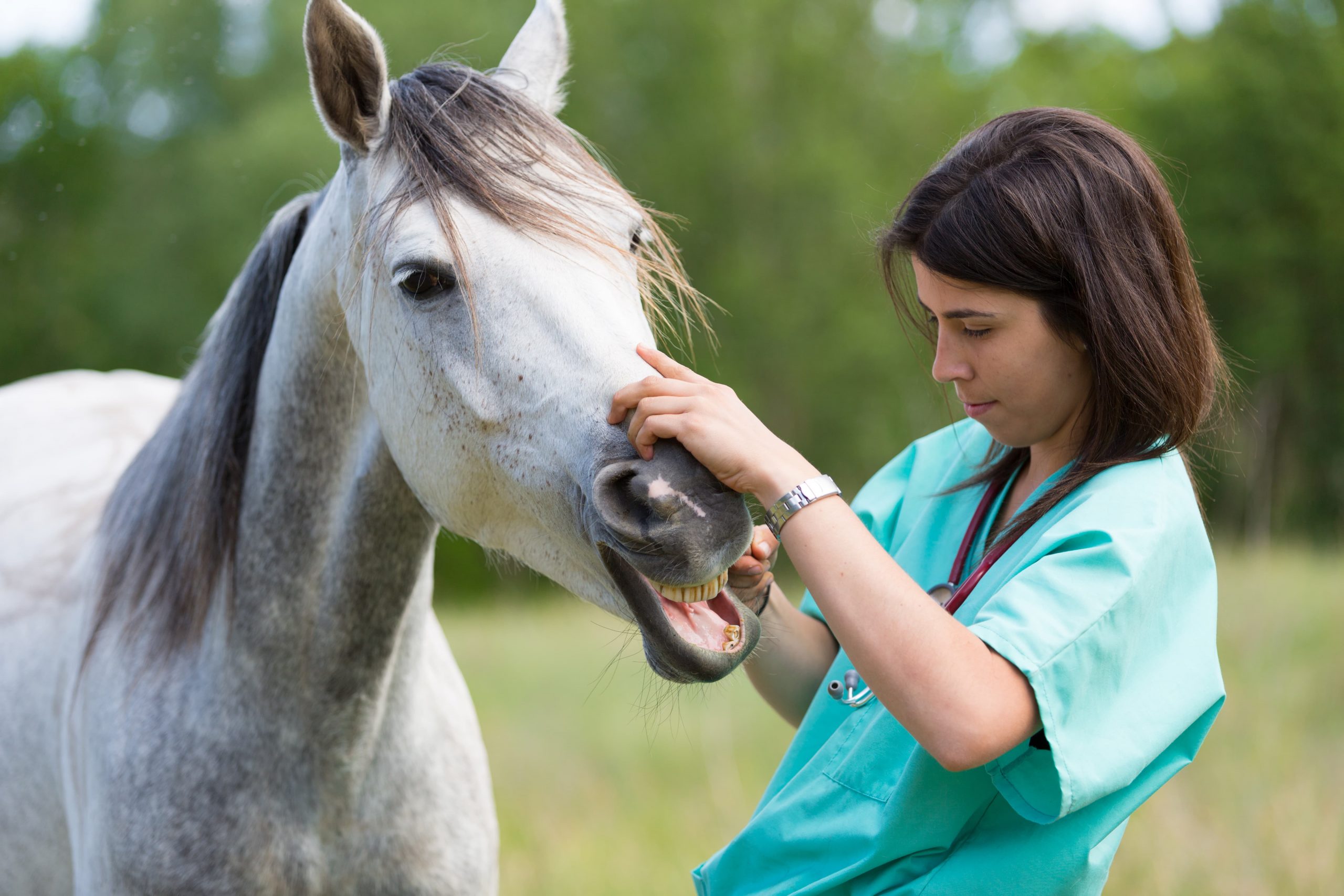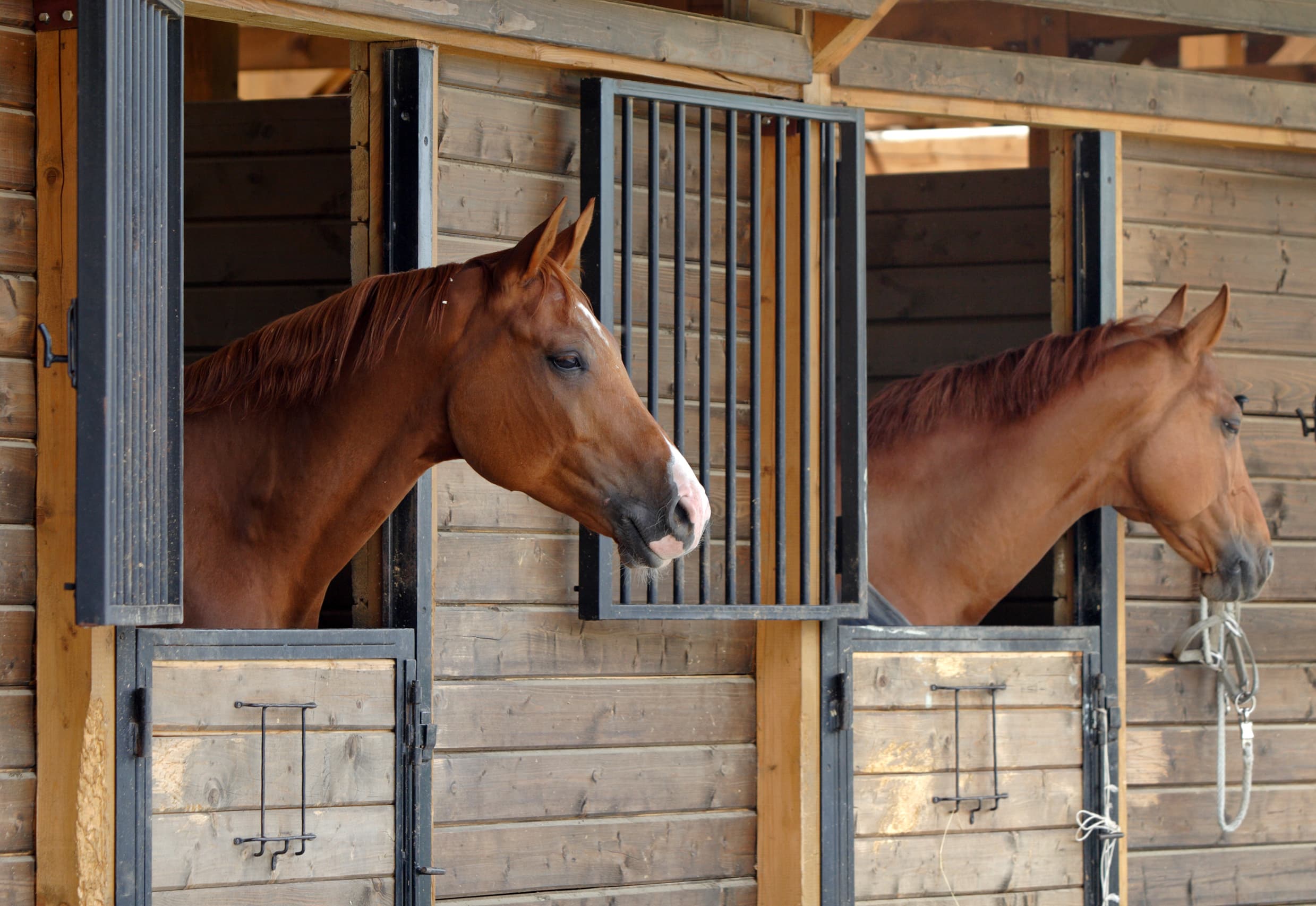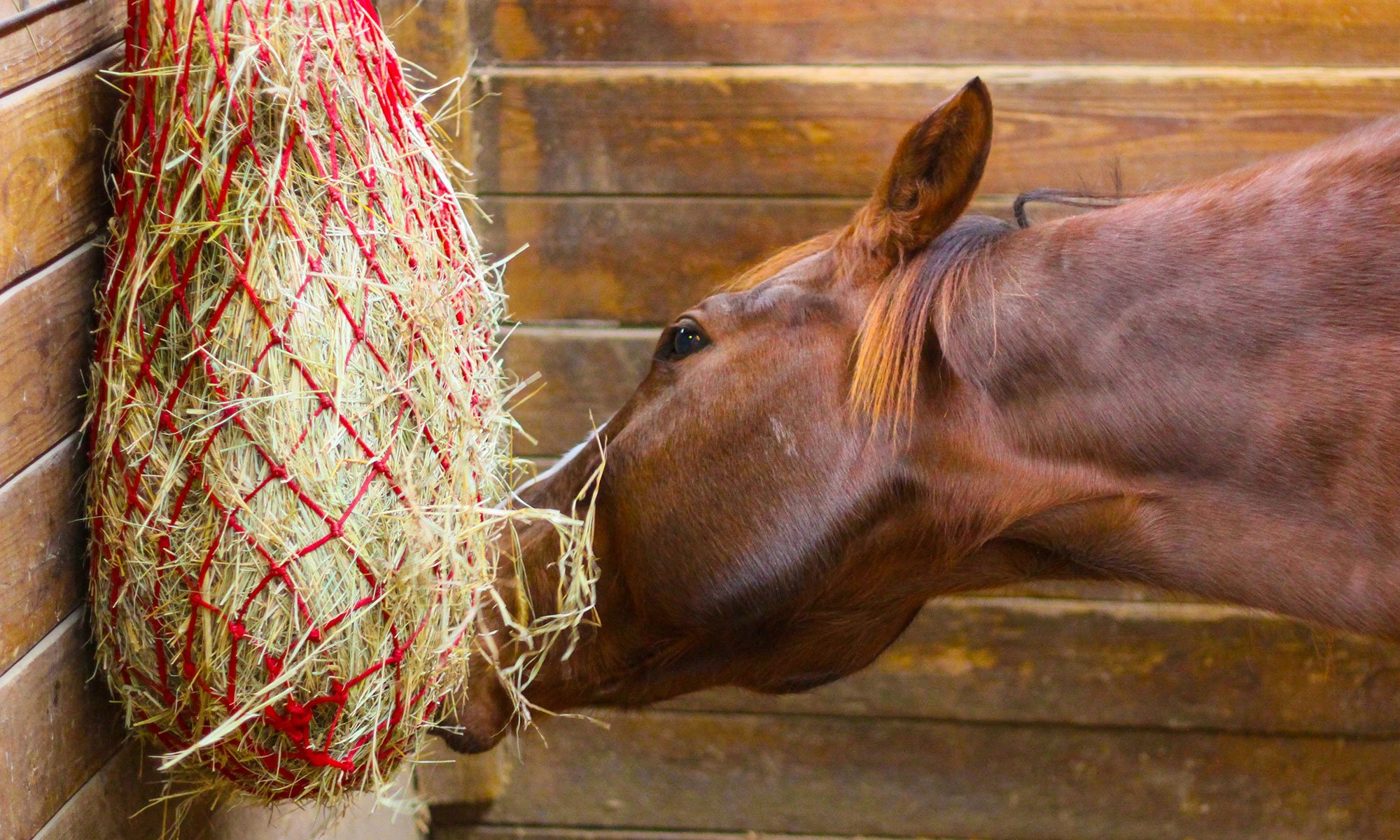Equine Herpes Virus EHV-1
These days the equestrian world is in turmoil because of the discovery of an outbreak of Equine Herpes Virus, also known as Equine Rhinopneumonia, at the 2021 Spring Tour stop in Valencia. Unfortunately, this disease has been fatal for some horses present, and many others are testing positive showing common symptoms. This virus occurs in 4 different types that affect 4 different apparatuses of the horse, in this case the most lethal and contagious is type 1, jargon EHV-1. Let’s find out more about this viral disease.
Symptoms of EHV-1
The most common form is type 1, which affects the horse’s respiratory system. In its most common form, it presents with respiratory disease with variable symptoms that include fever, nasal discharge, enlarged lymph nodes, cough, inappetence, and significant physiological declines, which are fairly common symptoms and can mislead and alarm the observer of the horse. In more severe cases, Herpes Virus can also have neurological repercussions, leading to paralysis and death.
Causes: the Contagion
EHV-1, also known as Rhinopneumonia, has a very high viral load and is very easily transmitted by air, by direct contact between horses and also through surfaces that have come in contact with the viral components. Therefore, both sporting events and daily life in individual stables can be dangerous if proper precautions are not taken. It is possible, however, for horses to spread Equine Herpes Virus even without showing clinical signs (so-called asymptomatic carriers), transmitting it only under certain environmental conditions such as stress, transportation and competition.

Diagnosis
Observation of symptoms, especially at the respiratory level, may not always lead to a correct diagnosis of Rhinopneumonia, so in these cases we categorically recommend contacting a veterinarian who can screen all hypotheses. Through a classic swab or through serological tests, it is possible to determine whether a respiratory infection is associated with EHV-1 by taking two blood samples 10 days apart on which antibody titration is performed.
Care and Convalescence
The recommended treatment starts, first, with isolation and quarantine of the person infected with the herpes virus. Unfortunately, because it is a virus, there is no specific, targeted treatment. Treatment of respiratory infections by Equine Herpes Virus is usually supportive therapy, as human-use herpes drugs are not effective in the horse. Antipyretics and antitussigens are administered, as well as antibiotics to prevent or fight secondary bacterial infections, and to reduce the convalescence period. However, with the help of an experienced veterinarian, a cure can be identified to treat symptoms that have arisen as a result of EHV-1 such as general weakening, poor appetite and apathy. It is possible to preserve his respiratory health preventively through alternative methods we recommend such as Steamed hay. However, to recap, the only decisive cures are prevention and vaccine.
Prevention
All horses should be vaccinated to reduce the incidence of EHV-1 infection and to minimize its spread. In addition, sanitization of the horses’ living environments combined with particularly deep hygiene through disinfectant products is recommended. Obviously, isolation of the horse and tools that have come in contact with the virus is strongly recommended.The recommended treatment starts, first, with isolation and quarantine of the person infected with the herpes virus. Unfortunately, because it is a virus, there is no specific, targeted treatment. Treatment of respiratory infections by Equine Herpes Virus is usually supportive therapy, as human-use herpes drugs are not effective in the horse. Antipyretics and antitussigens are administered, as well as antibiotics to prevent or fight secondary bacterial infections, and to reduce the convalescence period. However, with the help of an experienced veterinarian, a cure can be identified to treat symptoms that have arisen as a result of EHV-1 such as general weakening, poor appetite and apathy. It is possible to preserve his respiratory health preventively through alternative methods we recommend such as Steamed hay. However, to recap, the only decisive cures are prevention and vaccine.



